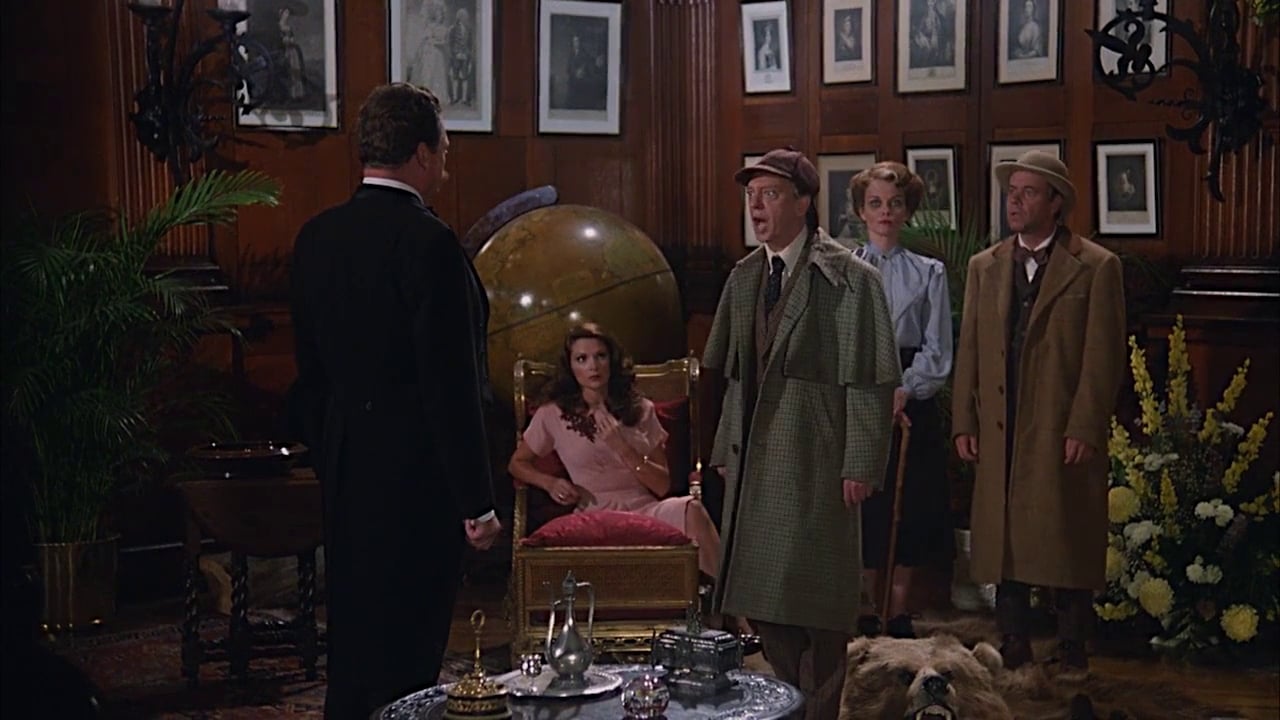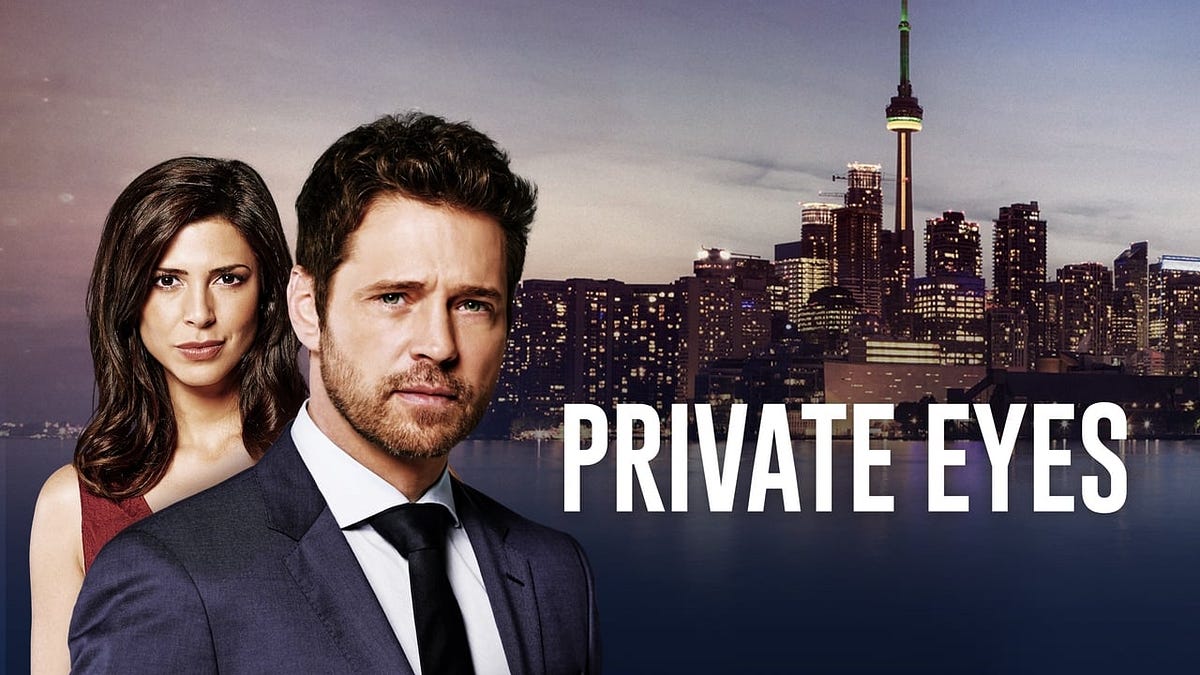

There was its lazy choice of theme tune, a cover of Hall and Oates already insipid ‘Private Eyes’ made even blander. There was its name – a staggeringly lazy name for a private detective show, more so given that there wasn’t even the slightest sign of a double meaning to it. The show’s faults were so numerous, practically a new counting system was needed to list them all.
#Privateeyes review series
Instead, it was commissioned as a 10-part series by the Global network, where almost minimum effort was put into its realisation – it was, after all, enough it be made, since the Act, quickly rushed through Parliament, had overlooked including a stipulation that required Priestley’s government-mandated shows to be good. Were it not for the requirements of the Act, such a laughable premise would have remained firmly on paper. Ultimately left without anyone to coach yet needing large amounts of money to afford his luxurious lifestyle and implausibly to be able to send his gifted blind daughter to private school, Priestley’s still-implausibly named character, Matt Shade, decides implausibly that his best option is to become a business partner with Sampson in the notoriously poorly paid profession of private investigator. When the aspiring star implausibly has a heart attack on the rink, Priestley suspects foul play and begins to investigate, implausibly working alongside a private investigator (Cindy Sampson) recommended to him by his telephone engineer father (Barry Flatman).

They really should have paid attention to that thought, because it would prove to be their wake-up call.Ī combination of nostalgia for terrible 80s US private detective shows and a blatant attempt to copy the formula of Castle(or indeed any show, just as long as Priestley could remain in perpetual work – Castle just seemed to have the easiest formula to copy), Private Eyes saw Priestley implausibly playing a former ice hockey star turned scout looking after a young protege who’s about to hit the big time. Yet so inured was Canadian television to the extrinsic need to employ Jason Priestley that many had succumbed to Stockholm Syndrome, arguing that not only were these shows needed, they were even good – d espite the fact that even a moment’s thought would have shown them that Private Eyes in particular was truly awful.

Indeed, they were quite clearly programmes that had only been created to give Jason Priestley a job. Critics argued that with the arrival of the Trudeau government, there was no need for these shows. The industry took note and soon responded.Īs well as significant voiceover work, Priestley was soon given not one but two new series: Raising Expectations and Private Eyes. However, HBO’s decision to end Call Me Fitz on the grounds of it ‘not being very good’ meant that the industry was now breaking the law, prompting the Harper government to fire a warning shot across Canadian TV’s bows and to cut CBC’s finances significantly. Lasting four seasons, it managed to keep Priestley sufficiently occupied that he only had time to appear in an entire season of Haven and a couple of theatrical productions. Passed midway during Harper’s period in office, it had one basic stipulation those on the left described as ‘croneyism’ but those on the right regarded as essential to Canada’s future economic development: the continuing, 24/7 employment of the likable but only averagely talented actor Jason Priestley by the Canadian entertainment industry.Īt first, the obligations of the Act seemed relatively simple to abide by, with HBO Canada granting him four seasons of Call Me Fitz, despite it being a relatively obvious, largely unfunny twist on My Name is Earl in which a car insurance salesman is followed around by someone who claims to be his conscience.
#Privateeyes review full
Although few realised it at the time, one of the most enduring legacies of the Stephen Harper government in Canada was the Jason Priestley Full Employment Act.


 0 kommentar(er)
0 kommentar(er)
